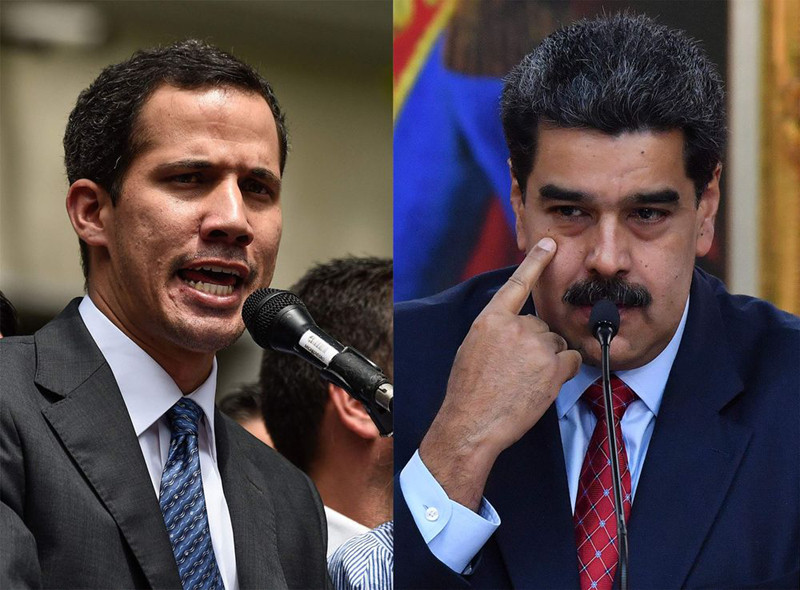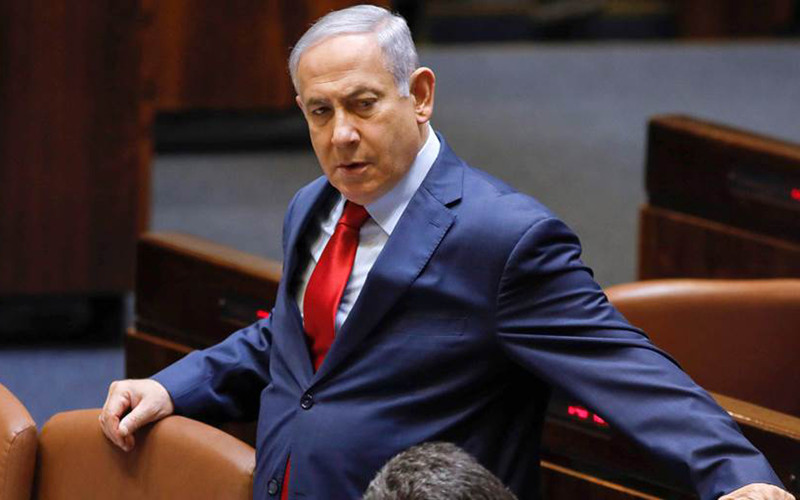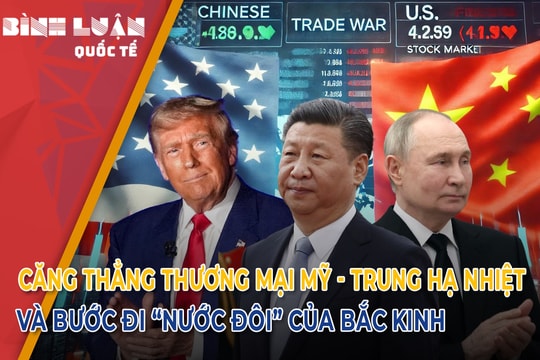US-China trade tensions continue to escalate; Israel faces second election
(Baonghean.vn) - US-China trade tensions continue to escalate; Israel faces its second election; US-China trade tensions continue to escalate; Venezuela's government and opposition fail to reach an agreement... are the world's top news in the past 24 hours.
US-China trade tensions continue to escalate
|
The US-China trade war continues to heat up as the US imposes anti-dumping duties of up to 79.7% on Chinese-made beer kegs. Illustration photo: EIC |
The US-China trade tensions continued to heat up after the US Department of Commerce announced on May 29 that it would impose preliminary anti-dumping duties on Chinese-made mattresses and stainless steel beer kegs that the US said were being sold at lower prices in the US market. China immediately strongly criticized the latest US move. According to experts, the biggest challenge in the current US-China relationship is balancing common perceptions between the two countries.
The US government will impose tariffs of up to 79.7% on Chinese beer kegs and 1.73% on mattresses, the US has announced. This is the latest tariff measure that the US has imposed on Chinese goods in the context of the US-China trade war that has no end in sight.
Ukrainian Parliament rejects Prime Minister Groysman's resignation
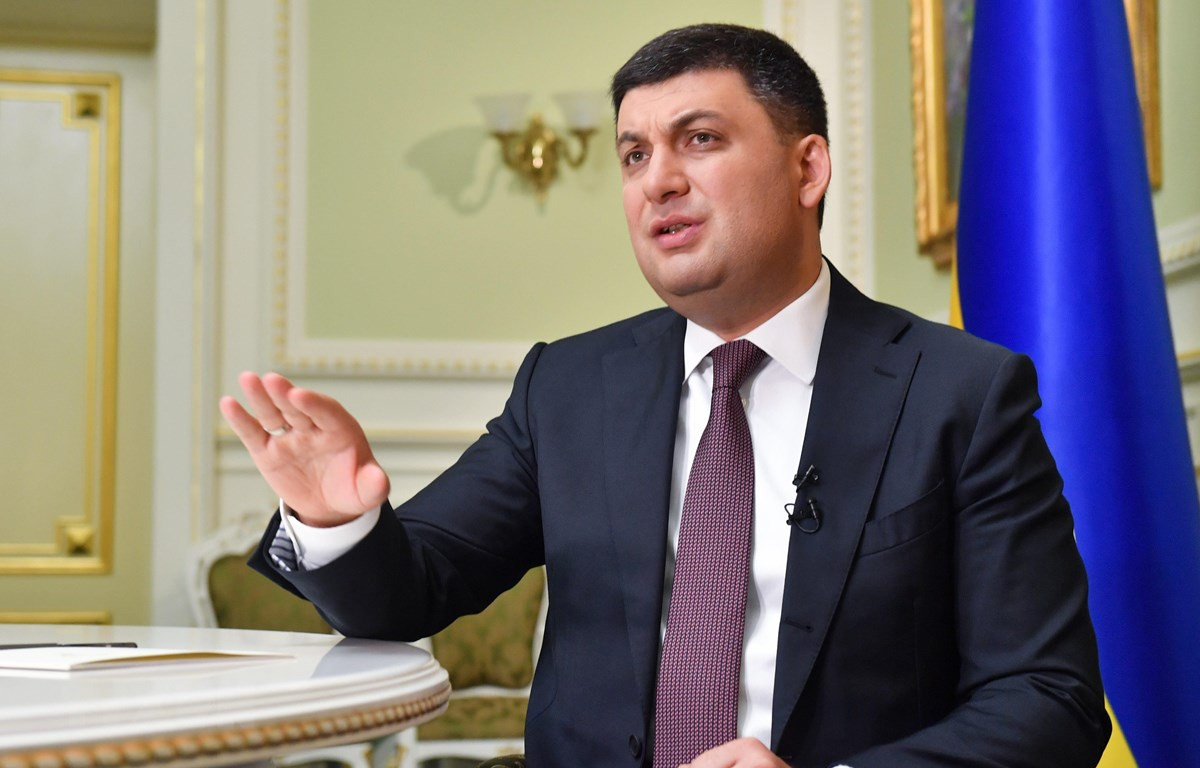 |
| Ukrainian Prime Minister Volodymyr Groysman at a press conference in Kiev on May 15, 2018. Photo: AFP/TTXVN |
On May 30, the Ukrainian Parliament voted to reject the resignation of Prime Minister Volodymyr Groysman, with the majority of lawmakers saying that his departure would lead to "chaos" ahead of early elections scheduled for July. Mr. Groysman resigned after the inauguration of new President Volodymyr Zelenskiy, on the grounds that the new Ukrainian leader had rejected his offer of cooperation.
Also on May 30, the Press Office of the President of Ukraine announced that Mr. Zelenskiy had proposed that the Ukrainian Parliament dismiss Foreign Minister Pavel Klimkin, Defense Minister Stepan Poltorak and Director of the Security Service of Ukraine (SBU) Vasyl Hrytsak.
Malaysian Prime Minister Proposes East Asia Use Common Currency for Transactions
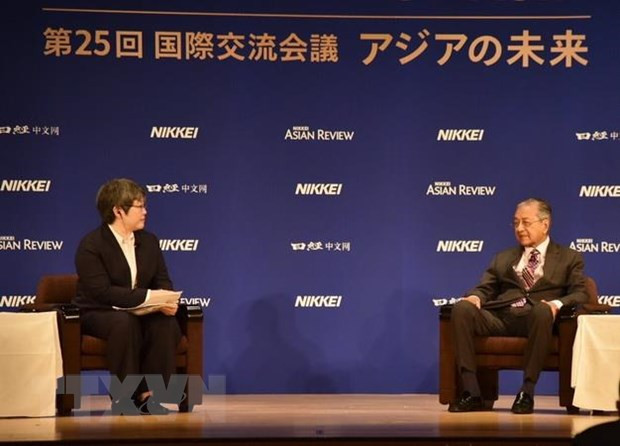 |
| Malaysian Prime Minister Mahathir Mohamad (right) speaks at the conference. Photo: Dao Tung/VNA |
On May 30, Malaysian Prime Minister Mahathir Mohamad proposed that the East Asian region should consider using a common currency based on gold in regional trade transactions, thereby promoting trade and freeing the region from dependence on USD transactions.
Speaking at the 25th Future of Asia Conference in Tokyo, Japan, Mr. Mahathir said that countries currently have to depend on the US dollar, but this currency is also unstable. Therefore, he proposed using a common currency based on gold because gold is much more stable than the US dollar. He made it clear that this common currency can be used for regional trade but not replace domestic currencies. The Malaysian Prime Minister also noted that the exchange rate of this common currency will be "linked" to the capacity of each country and will help balance regional trade.
Venezuelan government and opposition fail to reach agreement
|
Venezuelan President Maduro and opposition leader Guaido. Photo: Bloomberg |
Representatives of the Venezuelan government and opposition ended a meeting in Oslo, the Norwegian capital, without reaching any agreement. The meeting, organized by Norway, was aimed at finding a way to end the South American country's long-running conflict.
The opposition leader Juan Guaido's office said on May 29 that at a meeting in Oslo, the opposition approved a roadmap to end President Nicolas Maduro's term. The roadmap also includes the formation of a transitional government and free elections. However, the office of opposition leader Juan Guaido also said the two sides did not reach an agreement. Mr. Guaido said that protests will continue until the two sides reach a solution to the conflict in Venezuela.
Israel faces second election this year
|
Prime Minister Benjamin Netanyahu. Photo: NBC News |
Israeli lawmakers early on May 30 voted to dissolve the Knesset, paving the way for a new election in the country, after Israeli Prime Minister Benjamin Netanyahu failed to form a coalition government when the deadline expired.
The September 17 election will be the second of its kind this year, marking unprecedented upheaval in Israel and a blow to Prime Minister Netanyahu. The vote to dissolve the Knesset took place just minutes after Netanyahu’s deadline to form a government expired.


